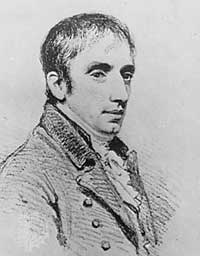Quite a lot of unattributed poetry passed before my eyes this week, as part of a novel called
The Home-Maker by Dorothy Canfield Fisher. Published in 1924, it's the story of a family of unhappy individuals and a turn of fortune that sends the micro-managing wife out to work and keeps the husband in a wheelchair to look after the house and children. He has a lot of poetry running through his brain, no doubt part of the literary currency at that time but rather tedious and/or obscure now. As well as the claustrophobia of the small-town setting, the social givens and constraints at the time, which come across so well in the book, make me so very glad to be living now, not 100 years ago - sisters, we really have come a long way....
 |
| Dorothy Canfield Fisher (via) |
"The scene where [Lester, the house-husband] surreptitiously watches his youngest child learning to use an egg-whisk is one of the great scenes in the literature of childhood" and this snippet comes from that scene:
Why with such earnest pains dost thou provoke
The years to bring the inevitable yoke?
It turns out to be from
Wordsworth's "Ode on Intimations of Immortality from Recollections of Early Childhood" - a good choice for the context, as the spirit of the poem comes and goes throughout the book, not just in that scene. Read all 202 lines of it
here; it won't take long, and you'll recognise some familiar phrases. The excerpt is from the middle of the poem -
| Thou, whose exterior semblance doth belie | |
| Thy soul's immensity; | |
| Thou best philosopher, who yet dost keep | 110 |
| Thy heritage, thou eye among the blind, | |
| That, deaf and silent, read'st the eternal deep, | |
| Haunted for ever by the eternal Mind,— | |
| Mighty Prophet! Seer blest! | |
| On whom those truths do rest | 115 |
| Which we are toiling all our lives to find; | |
| Thou, over whom thy immortality | |
| Broods like the day, a master o'er a slave, | |
| A Presence which is not to be put by; | |
| Thou little Child, yet glorious in the might | 120 |
| Of heaven-born freedom on thy being's height, | |
| Why with such earnest pains dost thou provoke | |
| The years to bring the inevitable yoke, | |
| Thus blindly with thy blessedness at strife? | |
| Full soon thy soul shall have her earthly freight, | 125 |
| And custom lie upon thee with a weight | |
Heavy as frost, and deep almost as life!
 |
| Young William Wordsworth (via) |
|


No comments:
Post a Comment